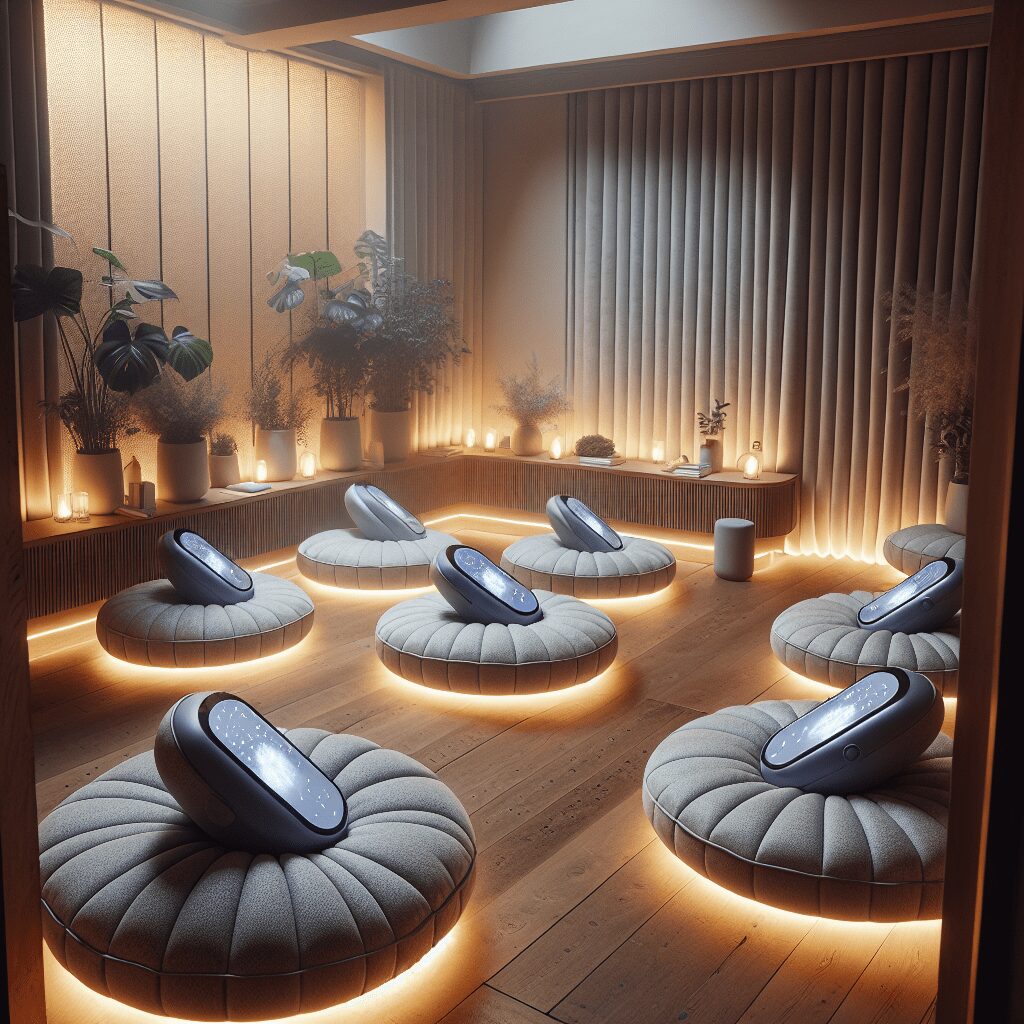
Prioritize your mental well-being daily. Enhance your life by nurturing your mental health with the Smart Meditation app. Break free from stress, alleviate anxiety, and enhance your sleep quality starting today.
Can Xanax Be Used For Sleep?
Unveiling the Truth: Can Xanax Really Aid Sleep?
In the hustle and bustle of today’s fast-paced world, a good night’s sleep seems like a coveted treasure. For those tossing and turning into the wee hours, the question of resorting to medications like Xanax for some shut-eye is quite tempting. But, is popping a Xanax the secret to slipping into the land of Nod, or is it a Pandora’s box of potential problems? Let’s dive deep and peel back the layers of this sleep conundrum.
Xanax: A Quick Overview
First off, Xanax, scientifically known as alprazolam, is a heavyweight in the realm of prescription medications, belonging to a class known as benzodiazepines. It’s like the VIP in the anxiety treatment club, primarily prescribed to manage anxiety disorders and panic attacks. Its modus operandi? Slowing down the central nervous system, which, in a roundabout way, throws a wet blanket on the fireworks of anxiety.
The Sleep Connection
Now, onto the burning question: is Xanax a one-way ticket to dreamland? In essence, yes, Xanax can make you feel more relaxed and could hasten your journey to sleep. However, it’s a bit like using a sledgehammer to crack a nut. Sure, it’ll get the job done, but it’s overkill and comes with its set of complications.
The Pros:
- Quick Relief: For those lying in bed with their minds racing a mile a minute, Xanax can offer a quick calm down, making it easier to fall asleep.
- Short-Term Solution: In instances of acute stress or after a shock (think death in the family, a major accident), it can provide temporary relief to help one get through the night.
The Cons – A Bitter Pill to Swallow:
- Dependency Issues: Like a clingy friend, Xanax can be hard to shake off. Your body might start craving it for sleep, leading to dependency.
- Drowsy Days: Sure, you might visit dreamland, but Xanax can leave you feeling like a zombie the next day. Not exactly the recipe for a productive day.
- Quality of Z’s: While Xanax might usher you into sleep’s arms, it doesn’t necessarily guarantee quality sleep, including the all-important REM cycle where your body and mind rejuvenate.
Seeking Alternatives: The Path Less Traveled
Rather than reaching for Xanax as a first resort, consider these alternatives: Lifestyle Tweaks: Sometimes, the key to better sleep lies in mundane but effective changes – think regular exercise, a caffeine curfew, and a bedtime routine. Mindfulness and Relaxation Techniques: Meditation, breathing exercises, and yoga can help calm a tumultuous mind, naturally paving the way for better sleep. Over-the-Counter Aids: Herbal teas, melatonin, or magnesium supplements might offer a more gentle nudge towards sleep.
The Verdict
In a nutshell, while Xanax could potentially act as a short-term sleep aid, it’s far from the ideal solution. The potential for dependency and the impact on sleep quality make it a path fraught with pitfalls. If sleep is playing hard to get, better alternatives beckon. Ultimately, it’s wise to consult with a healthcare provider to explore safer, more sustainable options. Remember, when it comes to sleep, the goal isn’t just to close your eyes but to wake up feeling refreshed and ready to seize the day.




